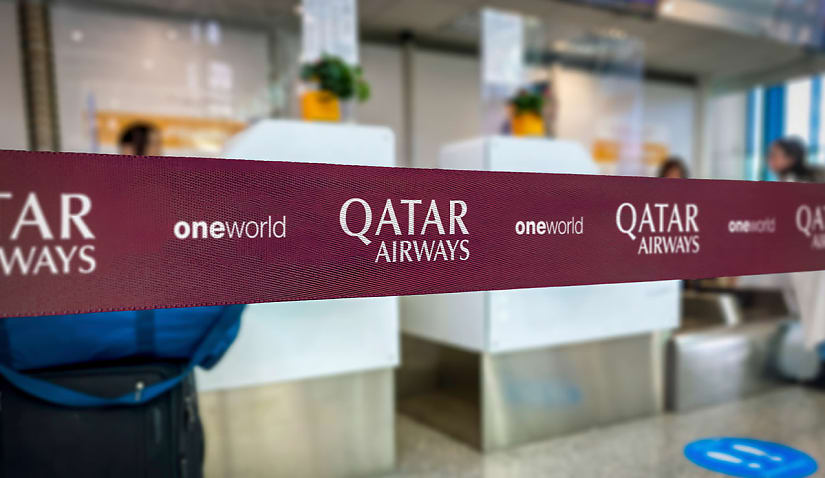A decision to restrict a group of women from suing Qatar Airways for invasive searches at Doha has been overturned by the Federal Court.

The five Australian women were left traumatised after strip-searches and physically invasive examinations were performed on them following the discovery of a baby abandoned in an airport bin, with their lawyers having argued earlier this year that they were “shut out” of the case.
In his April 2024 decision, Justice Halley had ruled Qatar Airways could not be held responsible under the Montreal Convention, which governs an airline’s liability in the event of a passenger’s death or injury.
“In no view did the invasive examinations … take place ‘on board the aircraft’ or in the course of embarking or disembarking the aircraft,” he said.
“The exclusivity principle in the Montreal Convention therefore precludes the applicants advancing this claim and it must therefore be summarily dismissed or struck out.”
However, the full court has set aside his judgment, saying the matter should proceed to trial and cannot be decided by summary dismissal.
“Whether or not the claims come within the scope of Art 17 is a matter of some complexity, turning on assessments of fact and degree,” Justice Stewart wrote in a summary of the decision.
“There is no sufficiently high degree of certainty that what happened to the appellants in the ambulance could not ultimately be found to have been in ‘the course of any of the operations of embarking or disembarking’.
“It is therefore not an issue apt to be decided at the stage of summary dismissal.”
The court also said MATAR’s potential liability could not be set aside for the actions of Qatar Ministry of Interior (MOI) officials or the person identified as a “nurse” who performed the invasive searches.
“The Full Court has found that once it was held by the primary judge that some claims against MATAR can proceed to trial, MATAR’s application to set aside service should have been dismissed,” Justice Stewart wrote.
“Further, it cannot be concluded with sufficient confidence at this stage that the appellants have or will have no basis to plead that the ‘nurse’ was an employee or a ‘true agent’ of MATAR.
“The appellants should accordingly have leave to plead such a basis if and when they are able to properly do so. It is also an error to conclude at this stage of the proceeding that MATAR’s duty of care cannot possibly extend to the circumstances in and around the ambulance.”